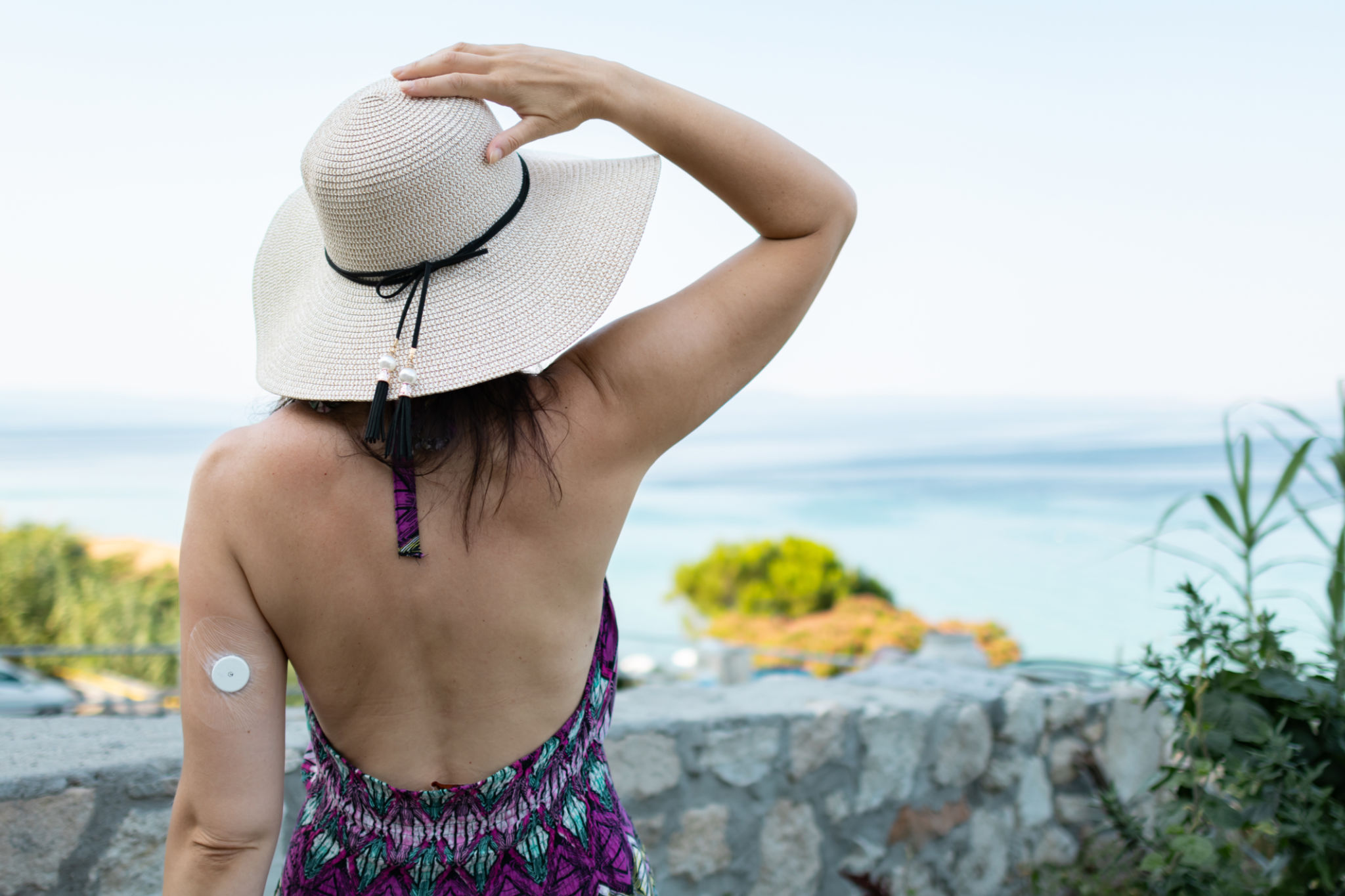Expert Tips on Managing Diabetes During Summer
Understanding the Impact of Summer on Diabetes
With temperatures soaring, managing diabetes during the summer can be a unique challenge. As the heat increases, so does the risk of dehydration, which can lead to higher blood sugar levels. It's crucial for people with diabetes to take extra precautions to maintain their health during these warmer months.

Stay Hydrated
One of the most important tips for managing diabetes in the summer is to stay hydrated. Water helps regulate blood sugar levels and prevents dehydration. Aim to drink at least eight glasses of water a day, and increase this amount if you're spending time outdoors or engaging in physical activities.
Monitor Blood Sugar Levels
Heat can affect your blood glucose levels, making it vital to monitor them more frequently. Check your levels before and after outdoor activities to ensure they remain stable. Keep your testing supplies and medications away from direct sunlight as high temperatures can affect their efficacy.
Adopt a Summer-Friendly Diet
Summer is a great time to enjoy fresh produce, which can be beneficial for diabetes management. Incorporate plenty of fruits and vegetables into your meals, but be mindful of portion sizes, especially with fruits that contain natural sugars.

Plan Your Meals
Planning is key when it comes to maintaining a balanced diet. Opt for lighter meals that include lean proteins, whole grains, and plenty of vegetables. Avoid heavy, greasy foods that can make you feel sluggish and disrupt your blood sugar levels.
Smart Snacking
Healthy snacks are a great way to keep your energy up during the day. Consider options like nuts, yogurt, or fresh fruit. These snacks provide essential nutrients without causing a spike in blood sugar levels.
Exercise Safely
Physical activity is crucial for managing diabetes, but it's important to exercise safely during hot weather. Choose cooler times of the day for outdoor activities, such as early morning or late evening. Wear lightweight, breathable clothing and always have water on hand.

Indoor Alternatives
If outdoor exercise isn't feasible, consider indoor alternatives like yoga or using a treadmill. These activities provide the benefits of exercise without the risk of heat-related complications.
Prepare for Emergencies
Always have a plan in place for managing diabetes emergencies. Carry identification that indicates you have diabetes, and keep emergency contact information handy. Inform friends or family about your condition so they can assist if needed.
- Always carry glucose tablets or snacks in case of low blood sugar.
- Know the symptoms of heat exhaustion and seek help immediately if you experience them.